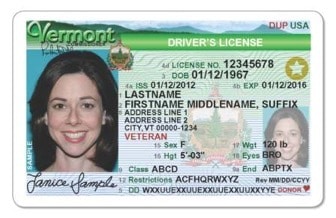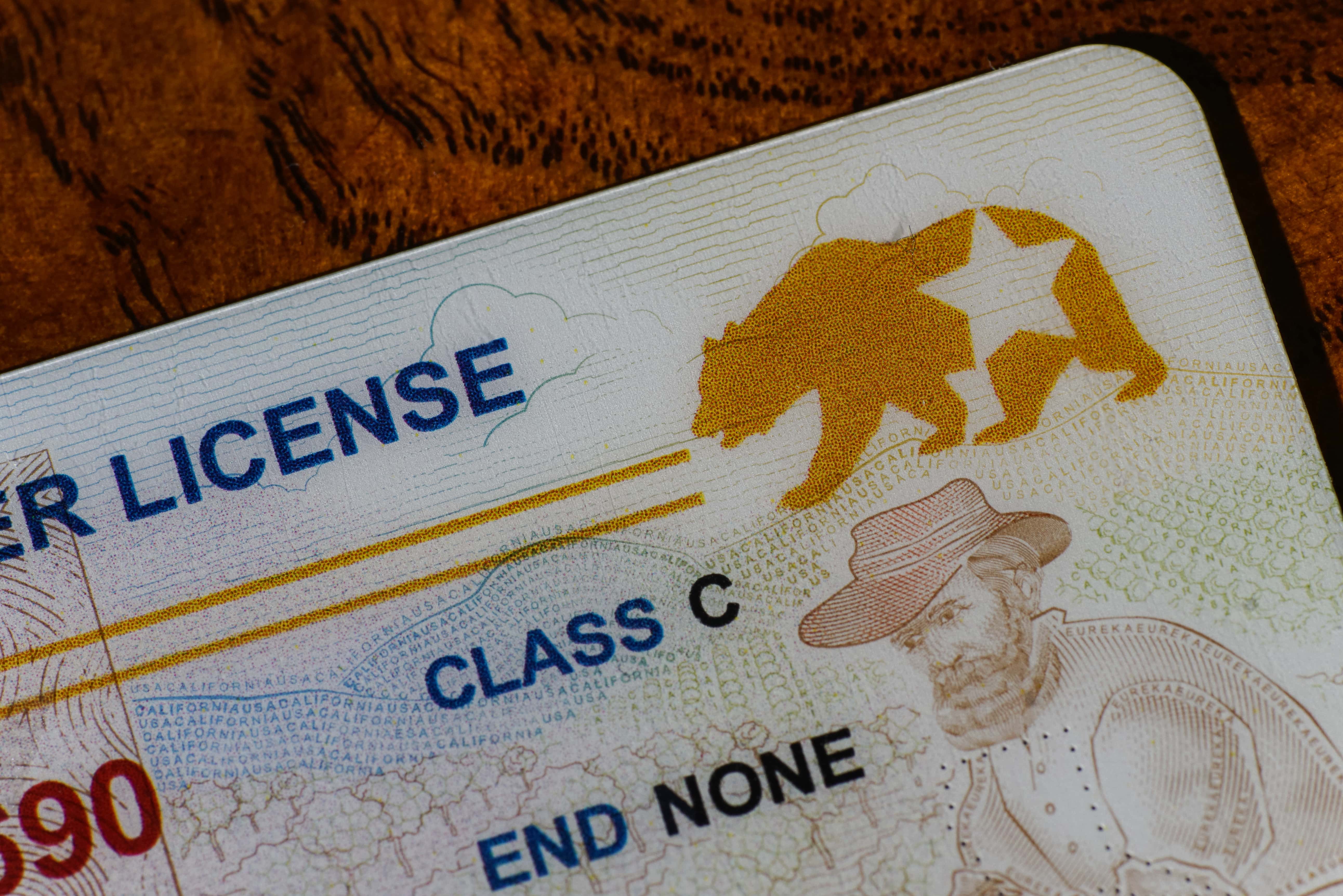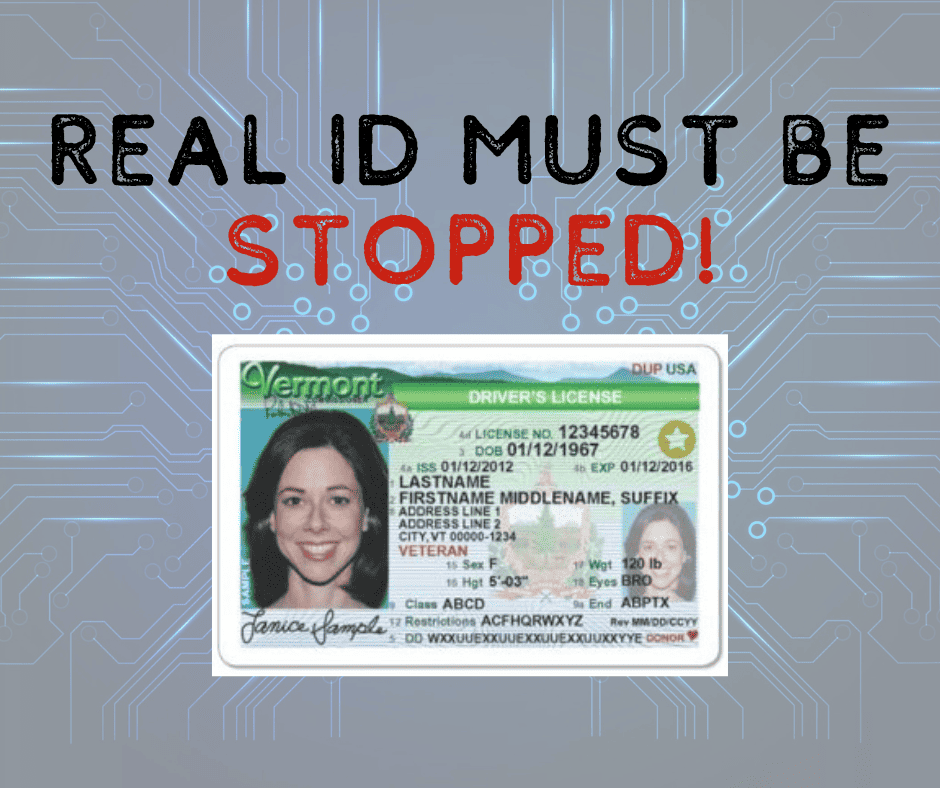National Patient ID
In 1996, Congress passed a law requiring all American citizens to be issued a national patient identification number – the Unique Patient Identifer (UPI). After a national health information network (NHIN) was established, called the eHealth Exchange, government agencies, corporations, organizations and the health IT industry have banded together anew to advance a national patient ID card.
CCHF has partnered with members of Congress and led other organizations around the nation to join with us to oppose a National Patient ID in the name of patient privacy and freedom.
National ID Initiatives
The creation of a National Patient ID program combined with the advancing Real ID program would further expand surveillance of Americans. The national patient identification system would identify patients, link patient medical records, and allow broad sharing, monitoring, research and analysis of the American public using computerized medical records linked through the NHIN.
Most citizens are unaware of federal plans for a National Patient ID and a national computerized medical records system. CCHF continues to strongly support patient privacy and remains concerned about the impact of online electronic medical records on patient privacy and patient control over the sensitive personal details of patients’ private lives.




